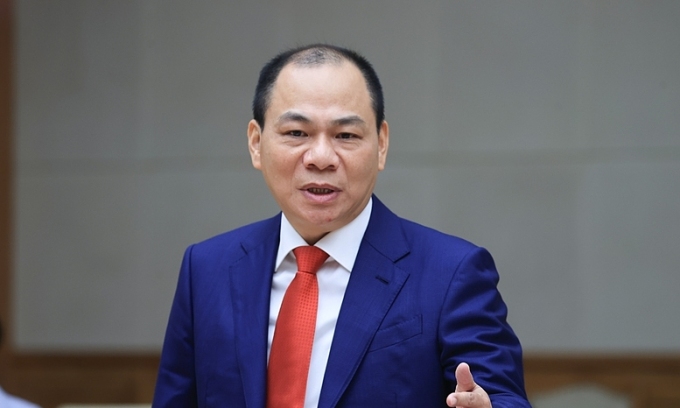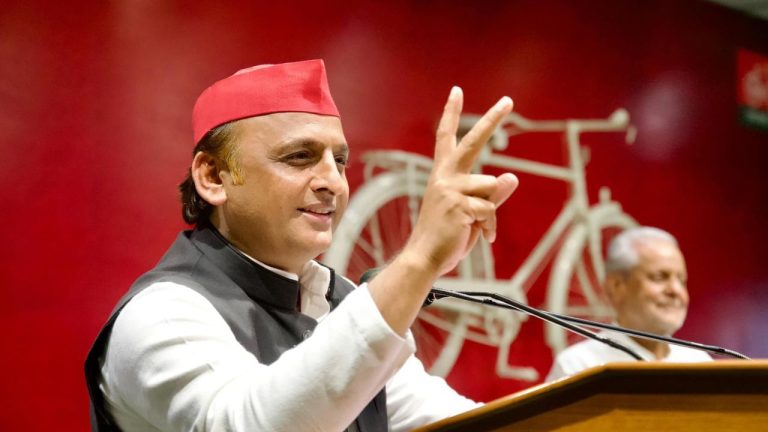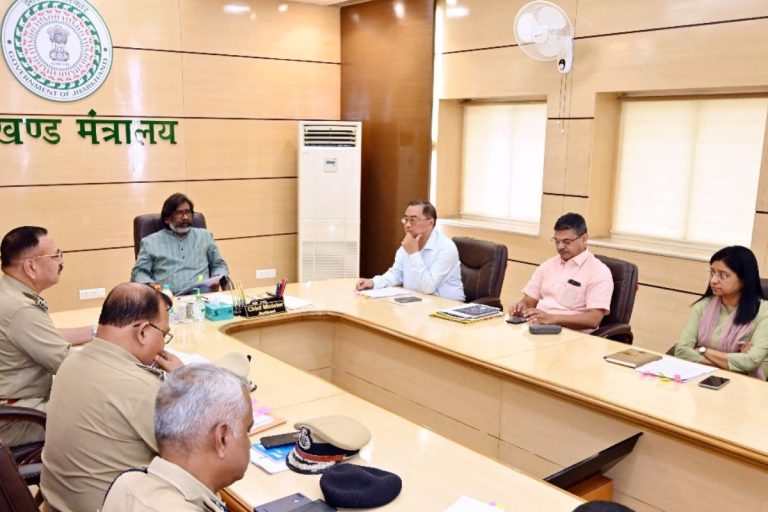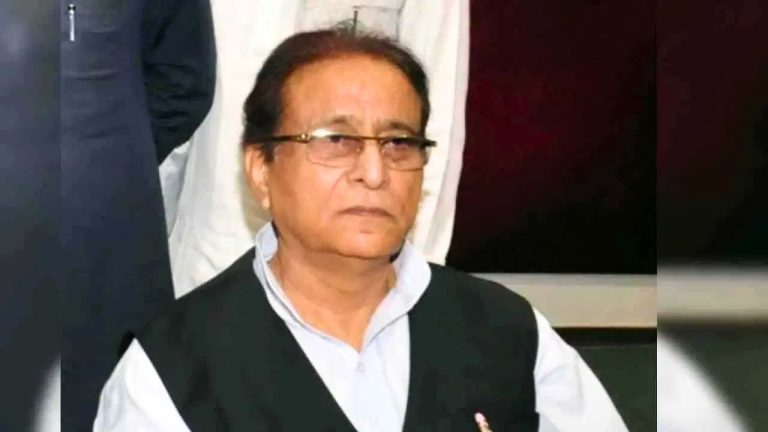Vietnam’s billionaire proposes English education for entire population
Vingroup CEO Pham Nhat Vuong speaks at a government-business conference, Sept. 21, 2024. Photo courtesy of Vietnam Government Portal
Pham Nhat Vuong, Vietnam’s richest billionaire and chairman of conglomerate Vingroup, has proposed expanding English education across the country, not just in public schools but for the entire population.
Speaking at a government-business conference on Saturday, Vuong advocated for greater access to English learning, with the aim of fostering a “global citizen society.” He suggested that businesses, including Vingroup, could support teachers working in remote areas.
“Enhancing English education from remote areas to urban ones will create better income opportunities for children, contributing to the development of these regions in the future,” Vuong said.
His proposal aligns with the Politburo’s earlier initiative to boost foreign language proficiency among students and gradually establish English as a second language in schools.
Vuong also called for an increase in training quotas for students in technology fields such as IT and Big Data, in a bid to expand Vietnam’s tech workforce.
Le Van Kiem, chairman of KN Group, a property and infrastructure business, emphasized the need for more hi-tech, made-in-Vietnam products. He urged the government to simplify administrative procedures and support the development of sustainable energy and next-generation industrial projects.
Vietnam currently has over 930,000 active businesses, which contribute approximately 46% of the country’s GDP and 30% of the income of the national budget. However, Minister of Planning and Investment Nguyen Chi Dung pointed out that the majority are small- or medium-sized enterprises, with limited participation in the supply chain.
Vuong stressed that the government should provide more support for small and medium enterprises (SMEs), enabling them to join the supporting industries.
Tran Ba Duong, Chairman of automaker Thaco, noted that investing in supporting industries requires access to technology and production capabilities. He called on the government to play a role in realizing these investments.
<!–
–>
(function(d,s,id){var js,fjs=d.getElementsByTagName(s)[0];if(d.getElementById(id))return;js=d.createElement(s);js.id=id;js.src=”






